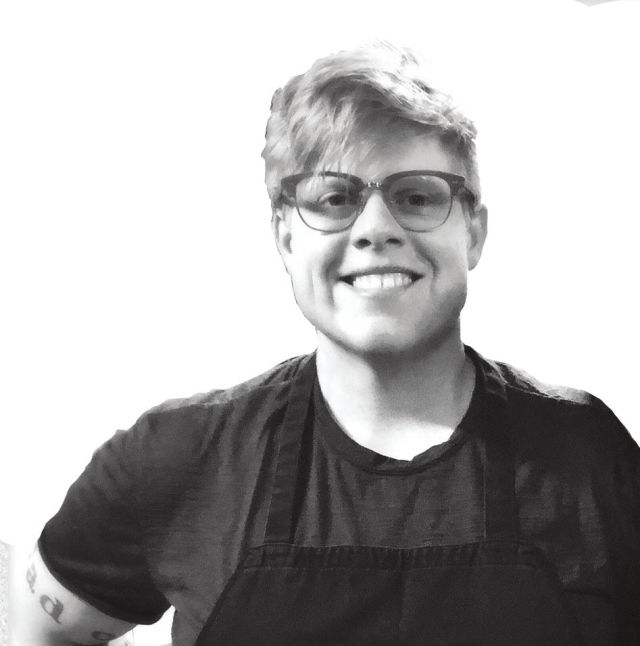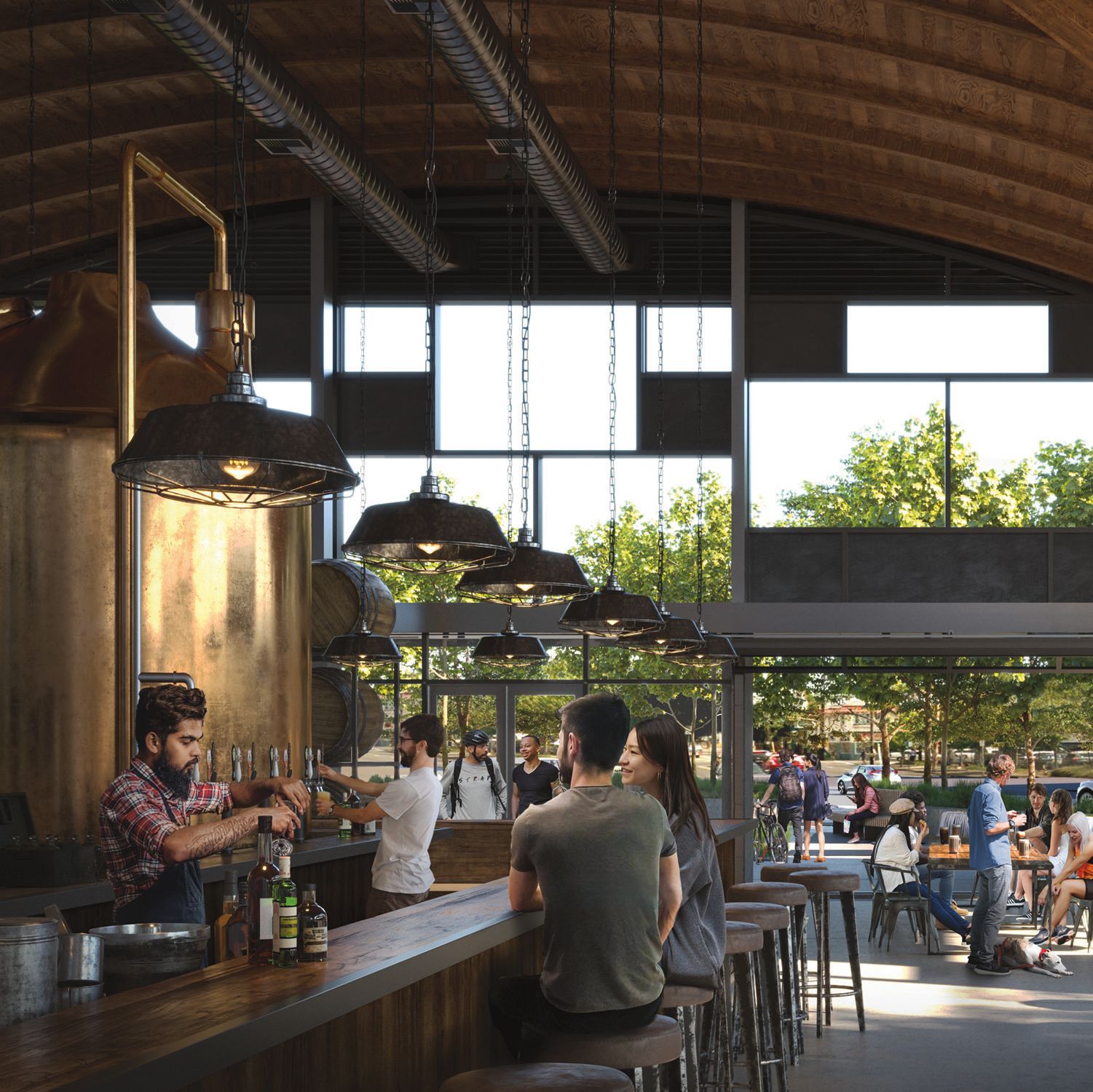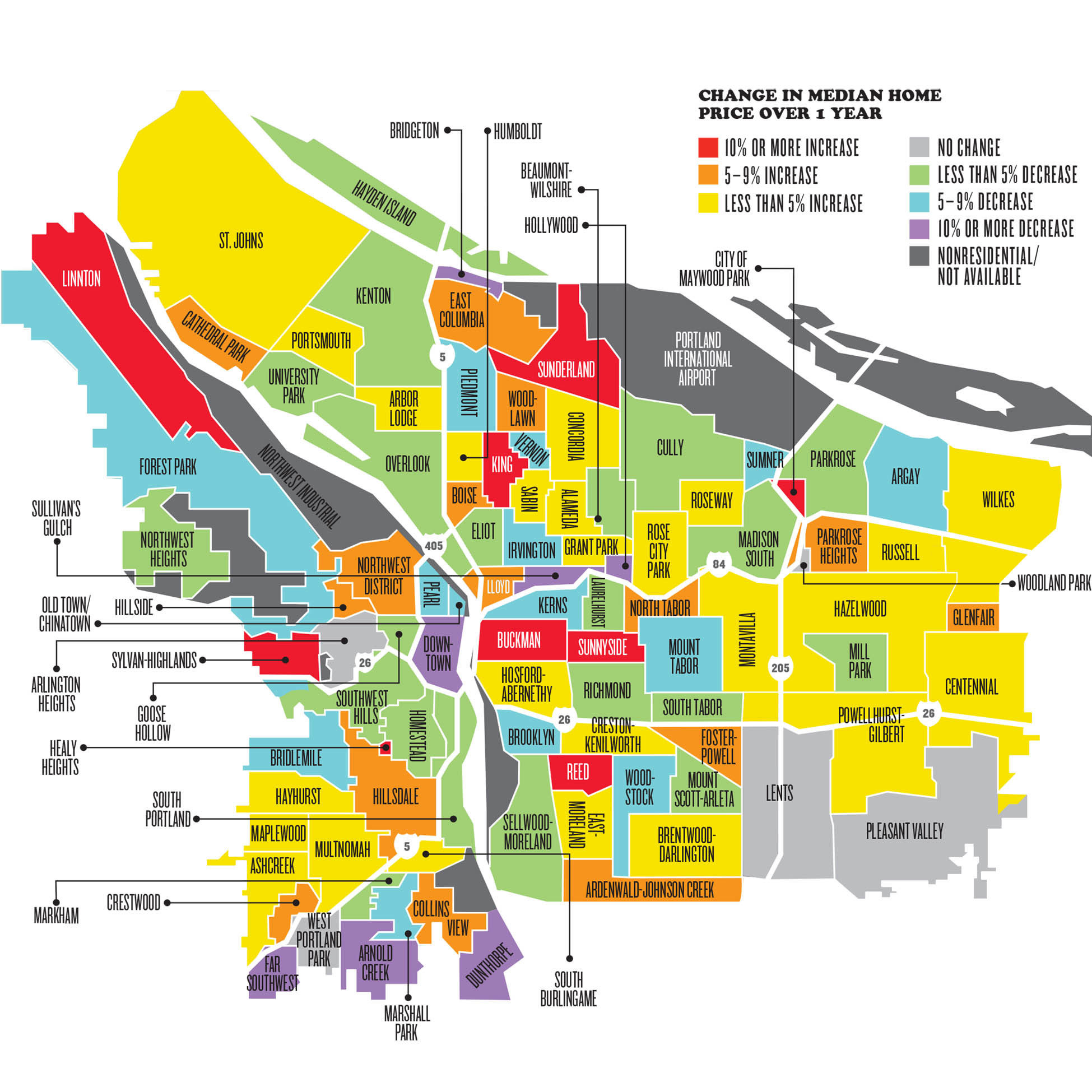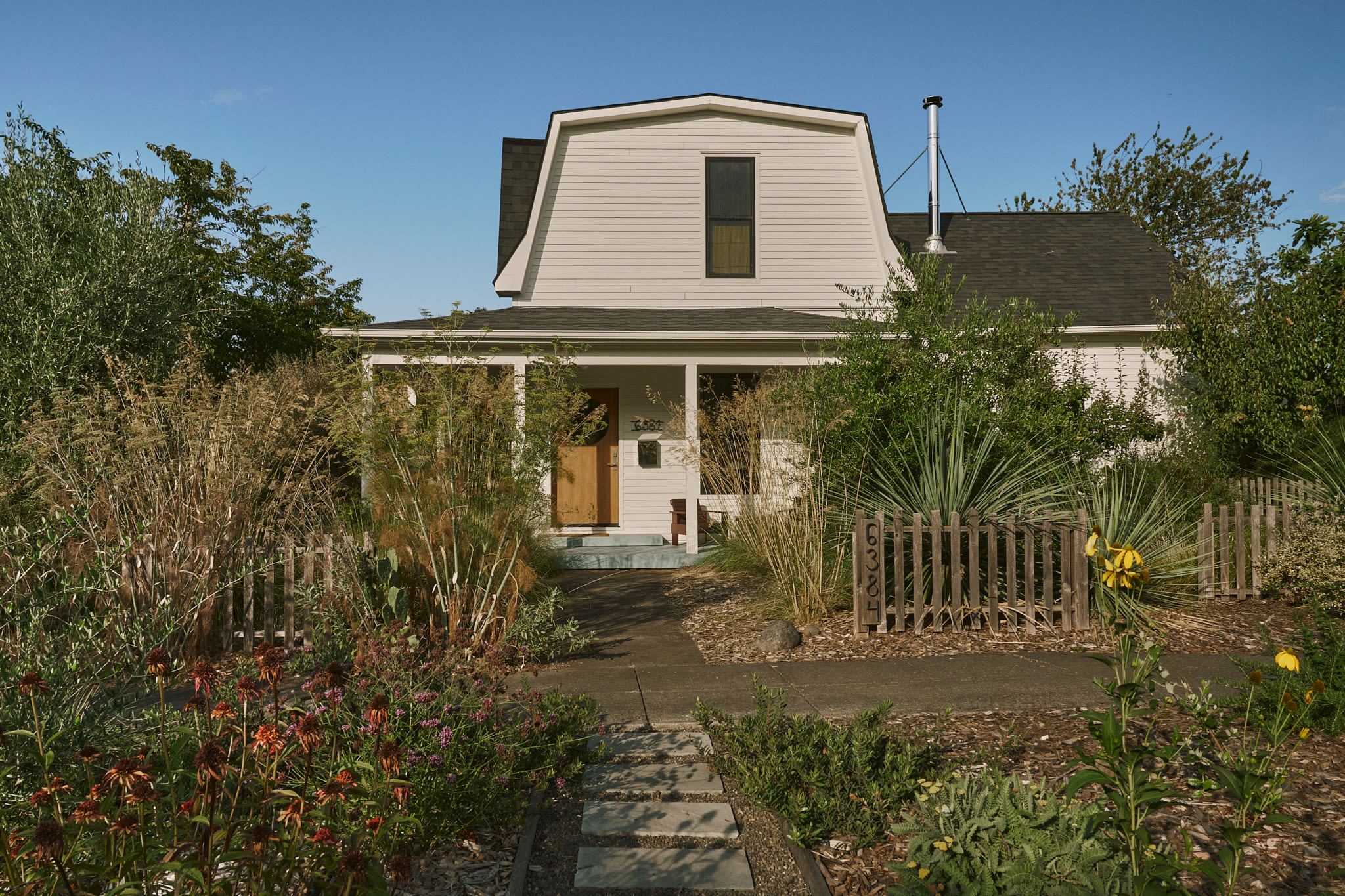Portland Gets Real About Real Estate
The Photographer: Chuck Schmidt | Spin Virtual Tours & Photography’s founder on snapping the pics that sell homes

Chuck Schmidt
Image: Courtesy Chuck Schmidt
“I can literally say that I have helped move billions of dollars in property in Portland in 13 years. You have to go beyond documenting the property to forge an emotional connection with a viewer, to get their hearts to where they want to come and see a house.
I am a bell weather as to what the market is doing. For busy times, I am booked out months in advance. If things seem slow, agents know there aren’t that many listings going on the market.
There are some who look at photography as a necessary evil. But some Realtors are willing to pay a photographer like myself—it’s a lot more expensive, I’m there all day. Realtors have to show the marketing to their client. If you have a $6 million house, the seller wants to know that the Realtor has some skin in the game by spending money on marketing.
For a buyer, find a house that was photographed terribly! Even if it looks dark and the photography is bad, it might be a good house, a diamond in the rough.
I shot a house in the West Hills last year, a midcentury with a great view, pretty run-down. We wanted to buy it ourselves. I did great photos on that one. There were 80 people at the open house, and it went for $300,000 over the asking price. People saw the good bones in the photo."
The Stagers: Tiara Gunstone & Rachel Robichaud | The brains behind Crush Staging share their secrets.

Tiara Gunstone and Rachel Robichaud
“The most important thing [we do] is creating a vision of a sense of home when someone walks in the door. It’s hard for people to walk into an empty, hollow space and get excited.
We try to keep in mind the era of the home and tailor our furniture and color palettes to that style. [It’s different for] a huge family in the suburbs than for a bachelor condo. Throw pillows work for everyone, though.
We have a stagers‘ group on Instagram, and when we are booked we’ll refer jobs to other stagers. There are a lot of new stagers coming and going. It’s a lot of work and managing inventory, of getting things from point A to point B.
The price totally depends on the scale. It’s usually between $1,500 and $3,000 for if you’re staging every bedroom. We typically recommend staging living room, dining room, and at least one bedroom. We’ll throw in the kitchen and the bathroom. It’s a 30-day rental, and if the house sits longer, we just prorate the rent. But for the most part, our houses sell pretty fast. We love getting our stuff back. That’s how you stay in business.”
The Expert: Iain MacKenzie | A blogger at NextPortland.com

Iain MacKenzie
Image: Courtesy Iain MacKenzie
"[The city is] getting a lot of small apartment buildings on single-family lots with 19 units that are just under the inclusionary zoning threshold.* And the projects moving forward under inclusionary zoning tend to actually be fairly large, with 200 or 300 units. There are fewer projects happening in the middle. [In a large development, you get a 10-year] tax exemption on the entire structure, which is quite a lucrative incentive. But on a medium-scale project, you only get the tax break on the inclusionary units themselves.
There are my favorite new buildings in Portland, and there are also new buildings that I don’t like at all. If you go to other American cities, and look at what is built, in Seattle or San Francisco, I think the bar is higher in Portland. You almost never see buildings in Portland where the ground level facing the street is dominated by a parking garage. What we really value in Portland is creating a good, active ground plane that’s inviting ... to pedestrians. One area of the city that is doing really well [at that] is Slabtown. That was all surface parking lots and vacant warehouses."
*As of 2017, city rules require all new residential developments with 20+ units set aside a percentage of those for affordable housing.
The Buyer: Caitlin Bagwell | A first-time home buyer on setting expectations

Caitlin Bagwell
Image: Courtesy Caitlin Bagwell
"It felt like to buy a house in Portland, we needed to have $30,000 in cash on hand and really good credit. You also have to buy at the extreme end of your qualification. I don’t think anyone sets out to be like, ‘You know what would be great? A really monster mortgage.’
It took six months. We saw a bungalow in Foster-Powell with a galley kitchen, a tiny living room, a dining room that had been converted into a second bedroom, no garage, no driveway, for $315,000. My wife felt like she was on a ship.
We saw a decrepit old house on 88th and Duke, with a grow room in the basement. The sellers’ Realtor was there drinking beers with his friend, and he told us that it conveniently had a workshop in the back so you could trim your bud and package it and not be in the rain. He offered me a nug of weed. I was like, ‘What is going on? NO, sir.’
The house we got is technically a four-bedroom house, painted blue, with an orange door [in Lents]. It was listed at $333,000, and I couldn’t understand why it was so low. People think that in this part of Portland it’s nothing but people brandishing machetes and people living in RVs. All that is true, but it’s also a tight-knit community. We have hardwood floors, original trim, 10-foot ceilings, an 8,000-square-foot lot, a standing basement and a giant sequoia in the yard. I don’t need AC. I have a tree.”










